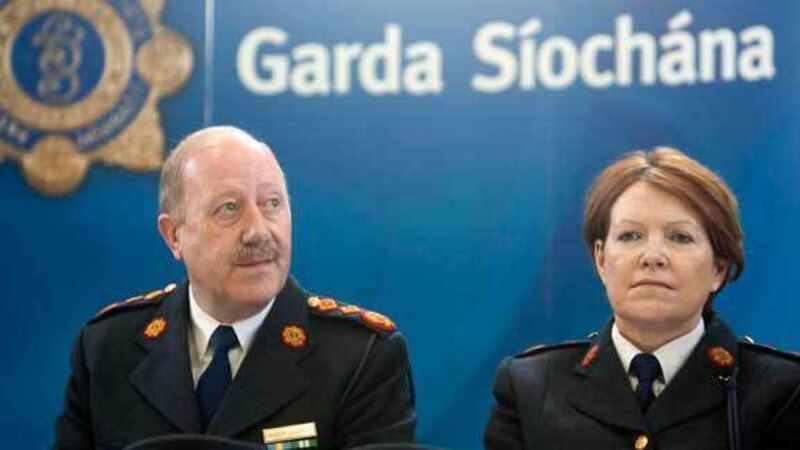Cormac MacConnell: Why I’m with you, boys (and girls) in blue

I have resided in all four provinces at different stages of my life; slept for at least one night in about every town, filed stories for a long list of newspapers and magazines, earned my bread by the sweat of my alphabet.
I know our country at least as well as the next man. And there, again, is the pure truth.













